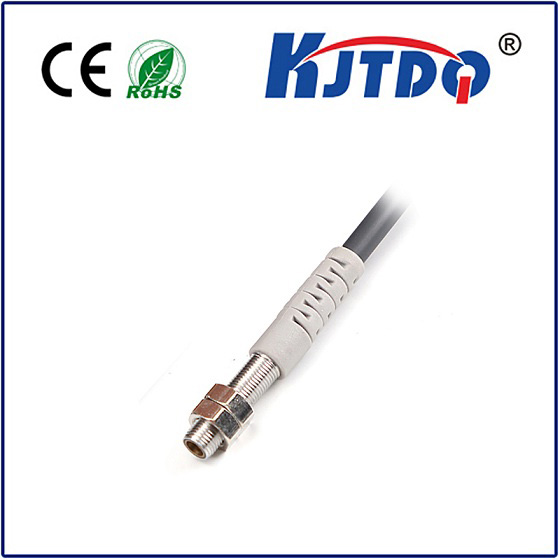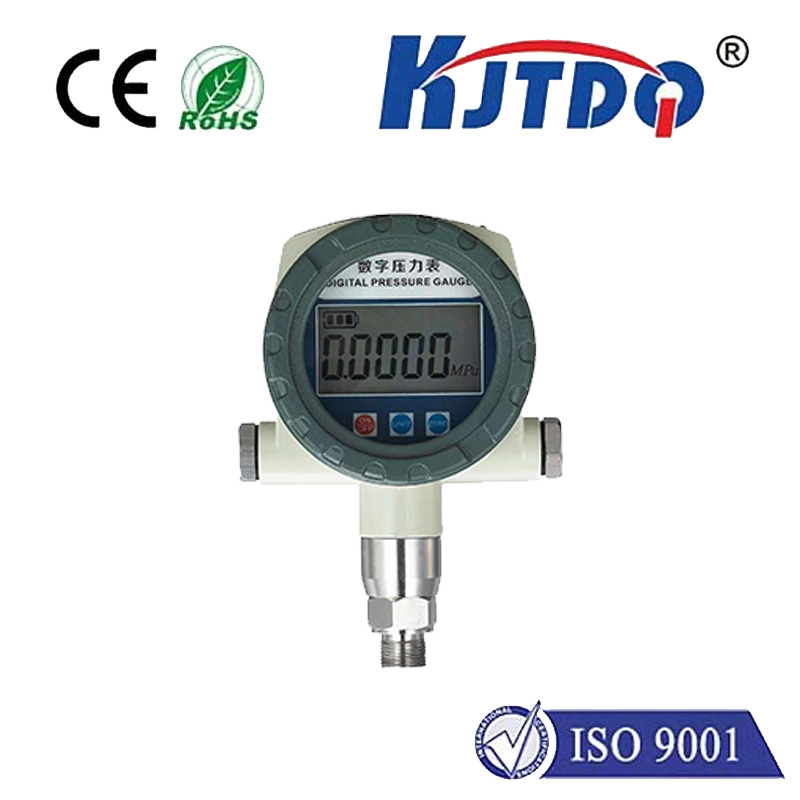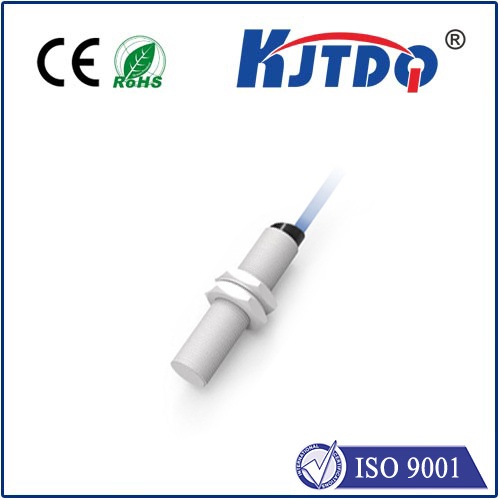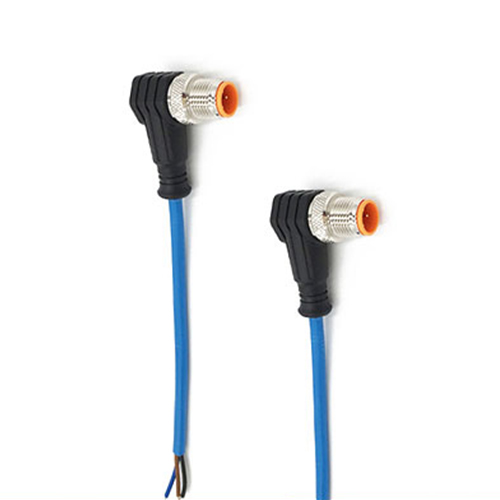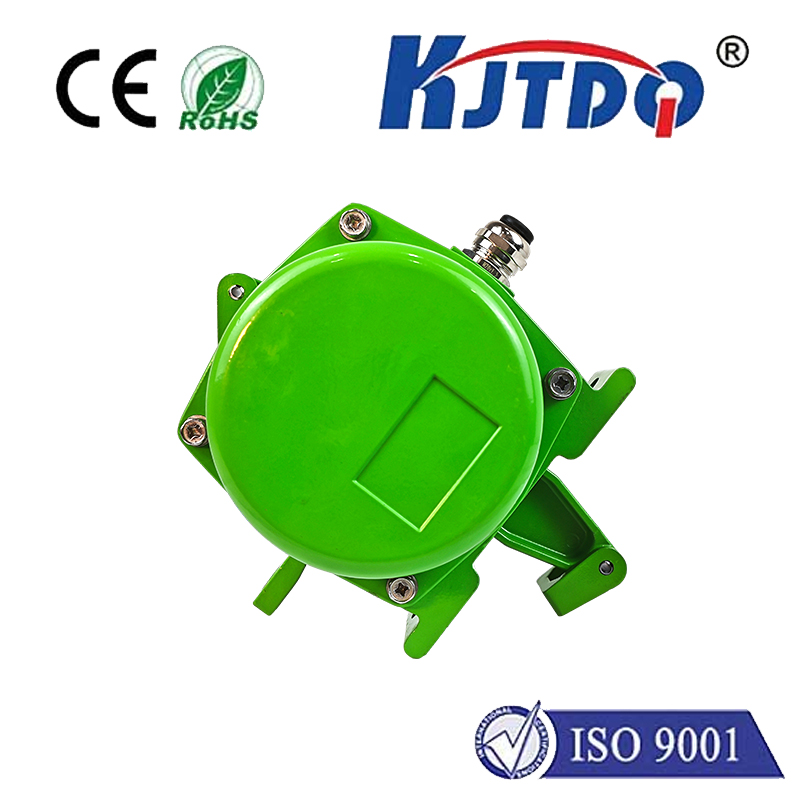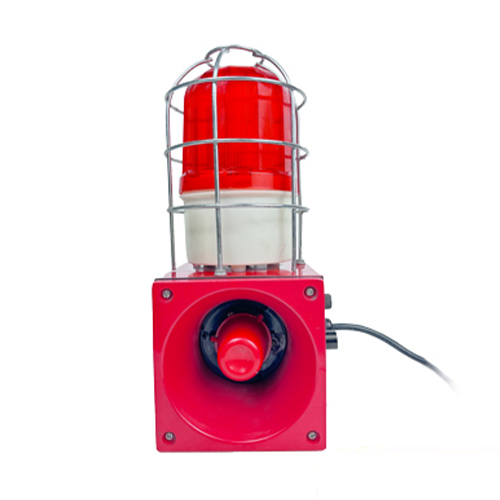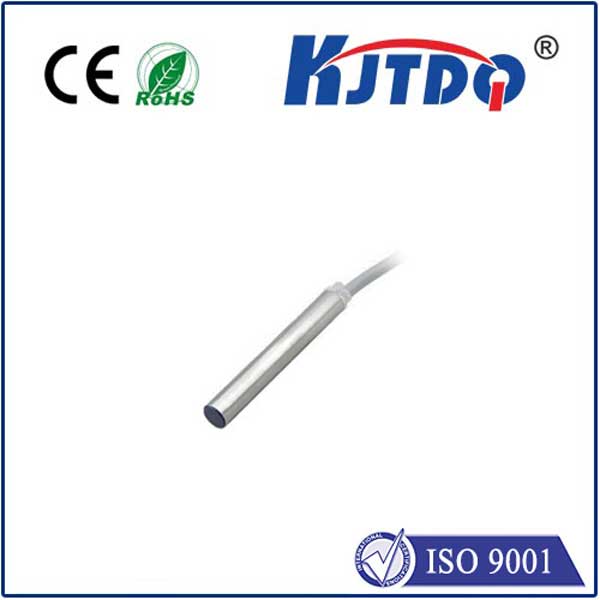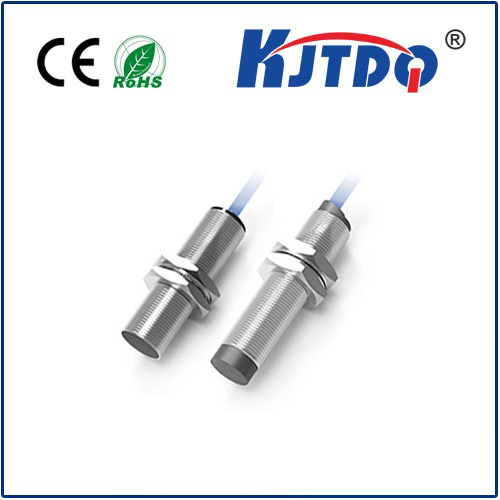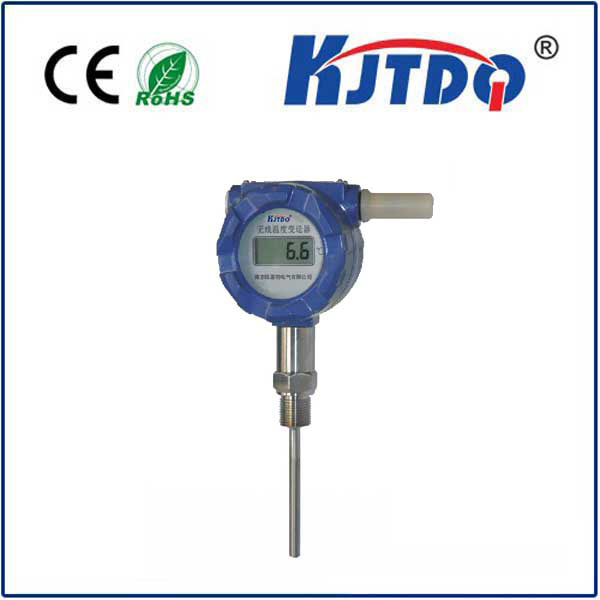

check

check

check

check

check

check

check

check

check

check
Linear Laser Sensors: Enhancing Precision and Efficiency in Industrial Applications
The advent of linear laser sensors has revolutionized various industrial applications, offering unparalleled precision, speed, and efficiency. These innovative sensors have become an essential component in numerous sectors, including manufacturing, quality control, and automation. In this article, we will explore the significance of linear laser sensors and their impact on industrial processes.
What is a Linear Laser Sensor?
A linear laser sensor is a device that uses a laser beam to measure distances or detect objects along a straight line. It consists of a laser emitter, a receiver, and a processing unit that calculates the distance based on the time it takes for the laser beam to bounce back after hitting the target. These sensors are highly accurate and can measure distances with precision down to micrometers, making them ideal for precise measurements in industrial settings.
Benefits of Using Linear Laser Sensors
1. Improved Accuracy and Reliability: Linear laser sensors provide highly accurate measurements, reducing errors and improving overall product quality. They are less prone to environmental factors such as dust, humidity, and temperature fluctuations, ensuring reliable performance even in challenging conditions.

2. Increased Efficiency: With their fast response times and high scanning rates, linear laser sensors significantly enhance productivity by reducing the time required for measurement and inspection tasks. This results in shorter production cycles and increased throughput.
3. Non-Contact Measurement: Unlike traditional measuring tools that require physical contact with the object being measured, linear laser sensors operate without touching the surface. This non-invasive approach eliminates the risk of damage to delicate parts and maintains consistent measurement accuracy over time.
4. Versatile Applications: Linear laser sensors can be used in a wide range of applications, from simple distance measurements to complex object recognition and sorting tasks. They are compatible with various materials, including metals, plastics, glass, and fabrics, making them a versatile solution for diverse industries.
5. Easy Integration: These sensors can be easily integrated into existing systems and automated processes, providing real-time data acquisition and analysis capabilities. Their compact size and flexible mounting options allow for seamless installation in confined spaces or complex machinery setups.
Industrial Applications of Linear Laser Sensors
1. Quality Control: In manufacturing processes, linear laser sensors play a crucial role in quality control by ensuring that products meet specified dimensions and tolerances. They can detect minor defects or deviations quickly, enabling immediate corrective action and preventing defective products from reaching customers.
2. Automation: In automated production lines, linear laser sensors enable machines to perform complex tasks with precision and consistency. They can guide robotic arms during assembly operations or monitor conveyor belts for proper item placement and orientation.
3. Packaging and Labeling: Linear laser sensors ensure accurate positioning of labels or other packaging elements on products. They help maintain brand integrity by guaranteeing consistent label placement across all units produced.
4. Level Measurement: In liquid storage tanks or other containers, linear laser sensors can measure fluid levels accurately, providing essential data for inventory management and process control.
5. Safety Systems: In hazardous environments or where worker safety is a concern, linear laser sensors can be used to detect obstacles or personnel within designated danger zones, triggering alarms or automatic shutoff mechanisms as needed.
Conclusion
Linear laser sensors have emerged as a valuable tool in the industrial sector, offering unparalleled precision, reliability, and efficiency. Their ability to provide non-contact measurements and adapt to various applications has made them an integral component of modern manufacturing processes. As technology continues to evolve, we can expect further advancements in linear laser sensor technology, leading to even greater improvements in industrial productivity and quality control.
